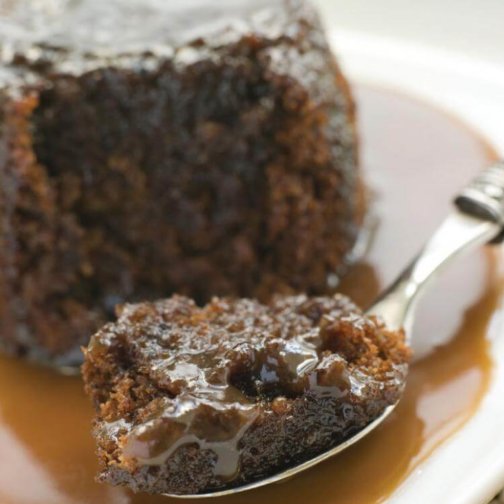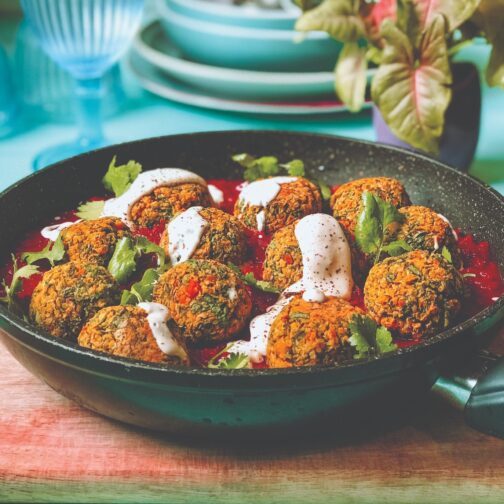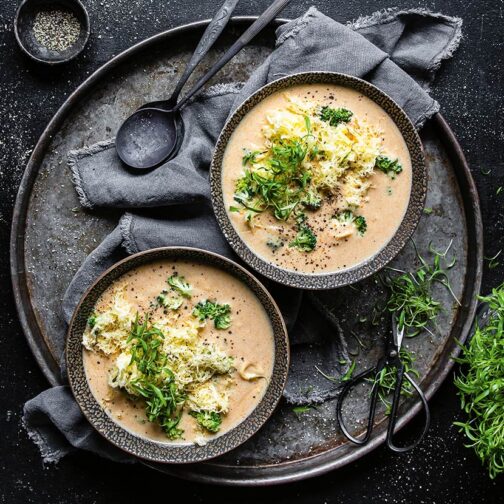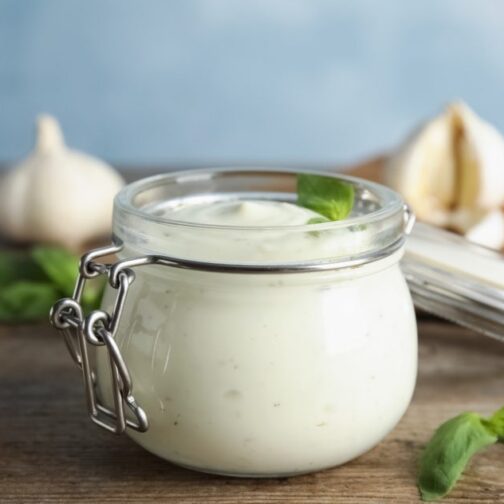
If you want to get your gut in order, Dr Will Bulsiewicz is the expert to help you sort out fact from fiction. This is the gut-health cheat sheet you’ve been waiting for!
Gut health is foundational to overall health, so it’s something we really want to get right. There are plenty of opinions about how to optimise our good gut bugs and deal with any digestive distress – but what is fact and what is fiction? We sat down with international gut-health superstar Dr Will Bulsiewicz to find out.
He’s a board-certified gastroenterologist, but you might better know him as @theguthealthmd or the author of Fibre Fuelled and The Fibre Fuelled Cookbook. Here’s what he had to say when we asked him to weigh in on whether some common assumptions are myth or medicine.
MYTH: Good gut health requires a restrictive diet
Heck no! Let me lead with this: In the largest study to date allowing us to connect our diet and lifestyle choices to the health of our gut microbiome, they found that the people with the healthiest guts were the people eating the widest variety of plants possible. The solution is not restriction – the solution is abundance. Admittedly, those with a damaged gut may feel like restriction works because they get temporary relief. But that’s not healing, that’s avoiding. Healing is when you can tolerate those foods without having to avoid them, and that’s ultimately where we want to be.
TRUTH: Antibiotics destroy our good gut bugs
Antibiotics do destroy gut bugs. Not just the bad gut bugs but many of the good ones too. It’s basically dropping napalm on the gut and then cleaning up the mess afterwards. Cleaning up takes a lot longer than the destruction part, and if you’re going to go down that path, you need to know the clean-up will be worth it. Sometimes you really need the antibiotics. But if you don’t really need them, then the cost may be more than the value.
“The people with the healthiest guts are the people eating the widest variety of plants possible.”
TRUTH: Immunity begins in the gut
Sure does! 70 percent of your immune system is focused in your GALT – gut-associated lymphoid tissue. This exists in close proximity to your gut microbes, separated by just a single layer of cells. What this means is that your gut microbes are in constant communication with your immune system. If you injure your gut microbes, you can negatively affect your immune system. But if you heal your gut microbes, the opposite is likely true too.
MYTH: Our genes determine our gut health
False … or at least mostly false. If you have identical twins, literally identical twins, they will only share about 35 percent of the same microbes. They have the exact same genes, the exact same parents, and in most cases the same upbringing, but the gut microbes are mostly different.
MYTH: Gut problems are irreversible
Whatever you eat today will start to cause changes to your gut microbiome by tomorrow. This is exciting because it means your microbiome is adaptable, and you have the power through your choices to influence the health of your gut microbiome.
MYTH: If you eliminate the food you react to, you eliminate your gut issues
If you hurt your knee, does your leg get stronger if you stop walking permanently? Of course not. If you want to rebuild your knee and maintain your leg strength, then walking and movement is a requirement. But it’s best to do this in a stepwise approach that could be called rehabilitation. Through progressive challenges, the knee and leg grow stronger and, eventually, there are no restrictions. It is at that point – no restrictions, no pain – that you have truly healed your knee. We want to do the same with your gut, but permanent elimination of certain foods is like not walking in our knee analogy. If you don’t use it, you lose it. Instead, you want to go through a process of stepwise progression where, by going slow, you reintroduce the foods that you struggle with and eventually get to a point of no restrictions, no pain. Then you have truly healed your gut.
MYTH: We should avoid gluten to protect our gut
Generally not. I’m not married to gluten, but I am married to wholegrains. Wholegrains are microbiome foods because they contain fibre, resistant starches, and polyphenols. These are the three main types of prebiotics, meaning food for our gut microbes that ultimately support us as humans. The problem is that very few of us are getting enough wholegrains in our diet. The popularity of the gluten-free diet and many of the scientifically unsubstantiated myths that exist around it have scared people away from gluten. This includes the myth that gluten destroys our gut. This is true in test-tube studies, but when real humans eat a slice of wholegrain bread, we find that they are healthy and have healthier guts.
If you have coeliac disease, of course you should be gluten-free. But we need wholegrains in our diet, so whether they are gluten-containing or gluten-free, please make an effort to get your daily wholegrains. Your gut microbes will thank you.
“Your microbiome is adaptable, and you have the power through your choices to influence the health of your gut microbiome.”
TRUTH: Fermented foods help create a healthy gut
Yes! This one is a slam dunk. In a 10-week study out of Stanford University, adding several servings of fermented food daily increased gut microbial diversity (a measure of health) and reduced
measures of inflammation. It’s official – we all need fermented foods in our diet, such as sauerkraut, pickles, kimchi, kvass, and sourdough bread.
MYTH: You need to do a detox or cleanse to heal your gut
Nope! You just need healthy habits. Small choices that you repeat day in and day out can turn into massive health results. A detox, cleanse, or crash diet is a fleeting intervention that shocks your gut microbes. You win with consistency, not with shortcuts.
MYTH: Plant-based doesn’t work for people with sensitive guts
Disagree. There’s something called the fibre paradox. Fibre is actually the ideal food for people with a damaged gut. When we consume fibre, we empower the good microbes, we suppress the bad microbes, and we get short-chain fatty acids like butyrate that are responsible for healing our gut lining.
This is exactly what a person with a damaged gut needs! But there’s a catch. Those with a damaged gut often struggle to consume fibre-rich foods. The reason for this is that we rely entirely on our gut microbes to break down and process fibre for us. When they’re not in a good place, they struggle. So the fibre paradox is that those who need fibre the most are the ones who struggle the most to consume it. This is why I wrote The Fibre Fuelled Cookbook. It will help you navigate a sensitive gut and actually heal. Even if you don’t have a sensitive gut, it’ll help you nurture the healthiest gut possible, which is something we all need to do.




















